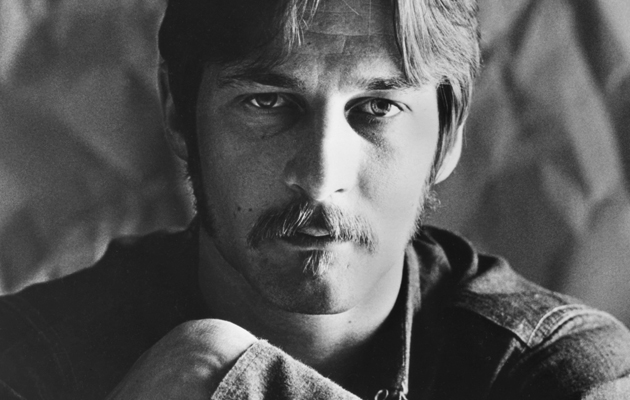As 4AD’s deluxe reissue of the sublime No Other is unveiled, we thought we’d delve into the Uncut archive to find this great feature on Gene Clark – originally published in our May 2008 issue (Take 132).
Order the latest issue of Uncut online and have it sent to your home!
_________________
It’s another day in the busy life of one of the biggest bands in America. The Byrds have just recorded “Eight Miles High”, and are heading to New York for a photo shoot and a TV special. Their plane, however, is stuck on the runway of LA International Airport, prevented from taking off by some unexplained technical issues. And Gene Clark, the group’s lead singer and principal songwriter, petrified of flying at the best of times, is not handling the situation very well.
“Gene was standing up in his seat, and he’s in a cold sweat,” remembers his bandmate Roger McGuinn. “He’s shaking. I asked ‘What’s going on, Gene?’ He says [in a terrified voice], ‘I have a really bad feeling about this. I can’t do this.’ He’s in a panic, like he’s got a premonition about the plane crashing. He walks off the plane. He said it was kind of a nervous breakdown, more than just airplanes. He’d just gone through some bad acid trips, and he was breaking up with a girl, or something like that.”
Later, McGuinn asked Clark about the incident, an incident which precipitated Clark’s departure from The Byrds. “It was hard to get a straight answer out of him about it, he didn’t really have a clear understanding of what happened,” says McGuinn today. “And then there were drugs going on later, so it was hard to get anything out of him. I didn’t want him to leave The Byrds, that wasn’t my intention.”
Turning your back on a chart-topping group was tantamount to treachery in 1965. But as his career fluctuated between inspired genius and maddening self-sabotage, it soon became obvious that this was how Gene Clark operated. Sometimes, he was a warm, gracious, artistically committed person – one of the greatest songwriters of his time and a critical founding father of country-rock. Other times, he was paralysed by the vicious drug and alcohol addiction that eventually killed him.
“To this day,” says Duke Bardwell, who toured with Clark in the mid-’70s, “I will never forget watching genius and insanity go hand in hand like they did with Gene Clark.”



